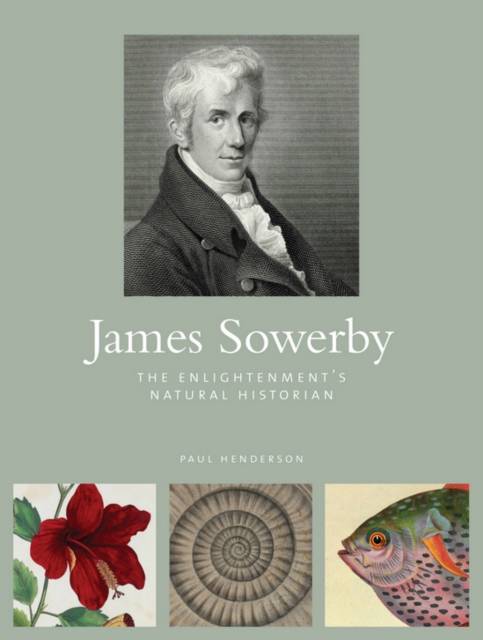
- Retrait gratuit dans votre magasin Club
- 7.000.000 titres dans notre catalogue
- Payer en toute sécurité
- Toujours un magasin près de chez vous
- Retrait gratuit dans votre magasin Club
- 7.000.0000 titres dans notre catalogue
- Payer en toute sécurité
- Toujours un magasin près de chez vous
80,45 €
+ 160 points
Description
The mid-eighteenth to mid-nineteenth century was a time of illustrious achievements in the world of botanical art. Artists who once sought to please the whims of wealthy patrons were turning to scientists for inspiration, and they now had access to countless new botanical specimens thanks to prolific explorers and plant hunters. One of the best botanical artists and most knowledgeable natural historians of this era was James Sowerby (1757-1822). Talented and prolific, his crowning achievement was Sowerby's Botany, a thirty-six volume work on the botany of England that contained 2,592 hand-colored botanical engravings. Despite Sowerby's place in the pantheon of botanical artists, no full biography of the artist exists. Paul Henderson remedies this with a thoroughly researched and wholly fascinating look at Sowerby's life and legacy. Henderson explores Sowerby's artistic achievements as well as his place at the center of a thriving network of artists and scientists. Sowerby worked closely with key botanists of the time, influencing the likes of Sir Joseph Banks and James Smith, as well as Dawson Turner, James Dickson, Aylmer Lambert, and William Woodville. He also contributed illustrations to the earliest volumes of The Botanical Magazine (later known as Curtis's Botanical Magazine). Specimens from his collection round out the holdings of museums around the world, and he has become the paterfamilias of a talented line of botanical and natural science illustrators. Henderson's Sowerby's Botany is beautifully illustrated with Sowerby's artwork and includes extracts from letters, manuscripts, and natural history publications. It is a fascinating story of an influential artist working at the intersections of art and nature at a time of unprecedented scientific enlightenment.
Spécifications
Parties prenantes
- Auteur(s) :
- Editeur:
Contenu
- Nombre de pages :
- 336
- Langue:
- Anglais
Caractéristiques
- EAN:
- 9781842465967
- Date de parution :
- 15-02-16
- Format:
- Livre relié
- Format numérique:
- Genaaid
- Dimensions :
- 193 mm x 251 mm
- Poids :
- 1406 g

Les avis
Nous publions uniquement les avis qui respectent les conditions requises. Consultez nos conditions pour les avis.






